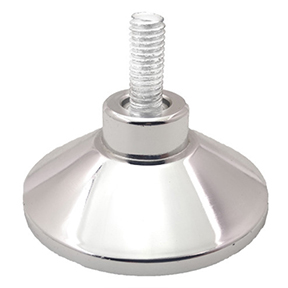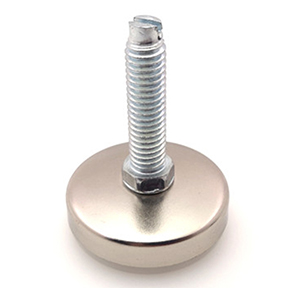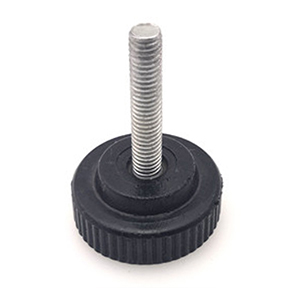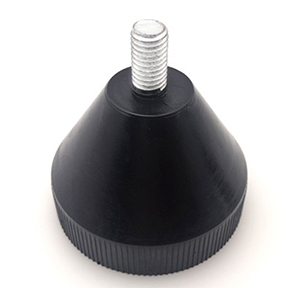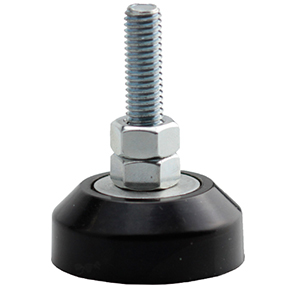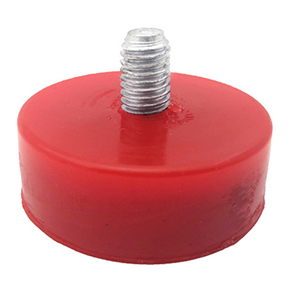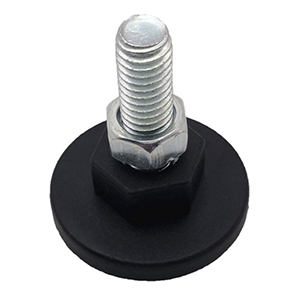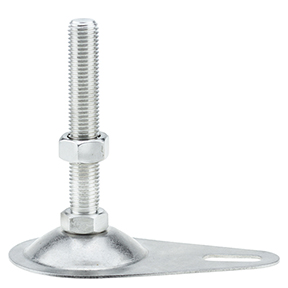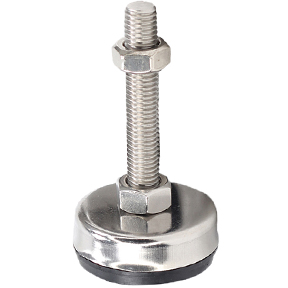Syria conflict: Qusair's strategic importance
On 19 May, following weeks of skirmishes and bombardment by artillery and aircraft, government troops backed by Hezbollah militants launched a ground assault on the town.
Within a day, state media reported that they had regained control of the council building in the town centre and killed or arrested scores of what they called "terrorists".
Opposition activists denied the claim, but admitted the rebels had suffered heavy casualties and warned that the offensive would cost many lives if it continued, with as many as 7,000 local fighters prepared to fight and thousands of civilians unable flee.
Government offensive
The determination of both sides to control Qusair and its surrounding area stems from their strategic importance.
The town is about 30km (18 miles) south-west of Homs and is not far from the motorway that connects Syria's third largest city with the capital, Damascus. The government needs to maintain control of the road if it wants to force the rebels from their remaining strongholds in Homs, and ensure it can easily resupply and reinforce troops in the north.
Qusair is also near the main route from Homs - and, more importantly, Damascus - to the Mediterranean port of Tartous, a gateway to the mountainous western coastal region that is the heartland of Mr Assad's Alawite sect. Control of the road to the coast would be vital if the president plans, as some speculate, to flee there should Damascus fall.

Mr Assad, however, is currently said to be more focused on consolidating the government's grip on population centres in the south and west - from Damascus to Latakia, via Zabadani, Homs, Qusair and Tartous - so that campaigns can be launched to retake the north and east.
Analysts say the government may also be trying to regain as much territory as possible to strengthen its negotiating position ahead of an international conference which the United States and Russia are trying to organise to find a political solution to the conflict.
Hezbollah 'involvement'
For the rebels, Qusair's proximity to Lebanon is perhaps most important.
The town has become a key rebel logistics hub, with weapons and supplies moving through it after being smuggled over the porous border, about 10km (6 miles) to the south-west.
Syrian rebels also often take shelter in Lebanon, and have traded fire with troops across the border.
However, the proximity to Lebanon has also brought the Lebanese Shia Islamist movement into the battle for Qusair, and increased fears of a regional conflict.
For months, members of Hezbollah's military wing are reported to have been fighting alongside the Syrian army and the National Defence Forces, a pro-government militia, as they have gradually captured a string of villages surrounding Qusair.
 Dozens of people have been killed in the Qusair area during the uprising
Dozens of people have been killed in the Qusair area during the uprisingIn April, the rebel military council in Qusair and the Islamist rebel group the al-Nusra Front issued a joint statement threatening to "transfer the battle of blood to the heart of Lebanon" because of what they called incitement by Hezbollah.
Hezbollah has denied sending any fighters into Syria, insisting that Lebanese Shia living in Syria who are affiliated to the group have been attacked and have defended themselves.
Some 23 villages and 12 farms west of Qusair are reportedly inhabited by Lebanese Shia, even though the area is considered Syrian territory.
At the end of April, Hezbollah leader Sheikh Hassan Nasrallah appeared to acknowledge that its fighters were involved in the local battles.
"We won't let the Lebanese in Qusair be exposed to attacks," he warned in a speech. "Whoever needs help, we won't hesitate in assisting them."
On 8 May, the Local Co-ordination Committees, an opposition activist network, accused Hezbollah fighters of killing 30 people, most of them women and children, outside Qusair. Rebels have meanwhile been accused of attacking Hezbollah checkpoints, and even shelling the Hezbollah stronghold of Hermel in Lebanon's northern Bekaa Valley.
Lebanese Sunni militants are also reported to have begun crossing the border to support the rebels, the majority of whom are from Syria's Sunni majority community.
Previous:Syrian activists document al-Bayda and Baniyas 'massacre' Next:Handle network - established financial barriers
- Fracture repair knowledge ruled handwheel handle
- Troubleshooting ruled bakelite hand wheel and troubleshooting
- Ruled handwheel is a natural bakelite handwheel
- Bakelite valve installation, operation and maintenance
- New pressure-filled rubber mold bakelite handle
- Large hydro elastic metal plastic Thrust Bearing Technology
- Our robot industry development trends
- CNC machine tools towline Forecast
- Rotating the handle needle valve
- Rotation of the handle shut-off valve


